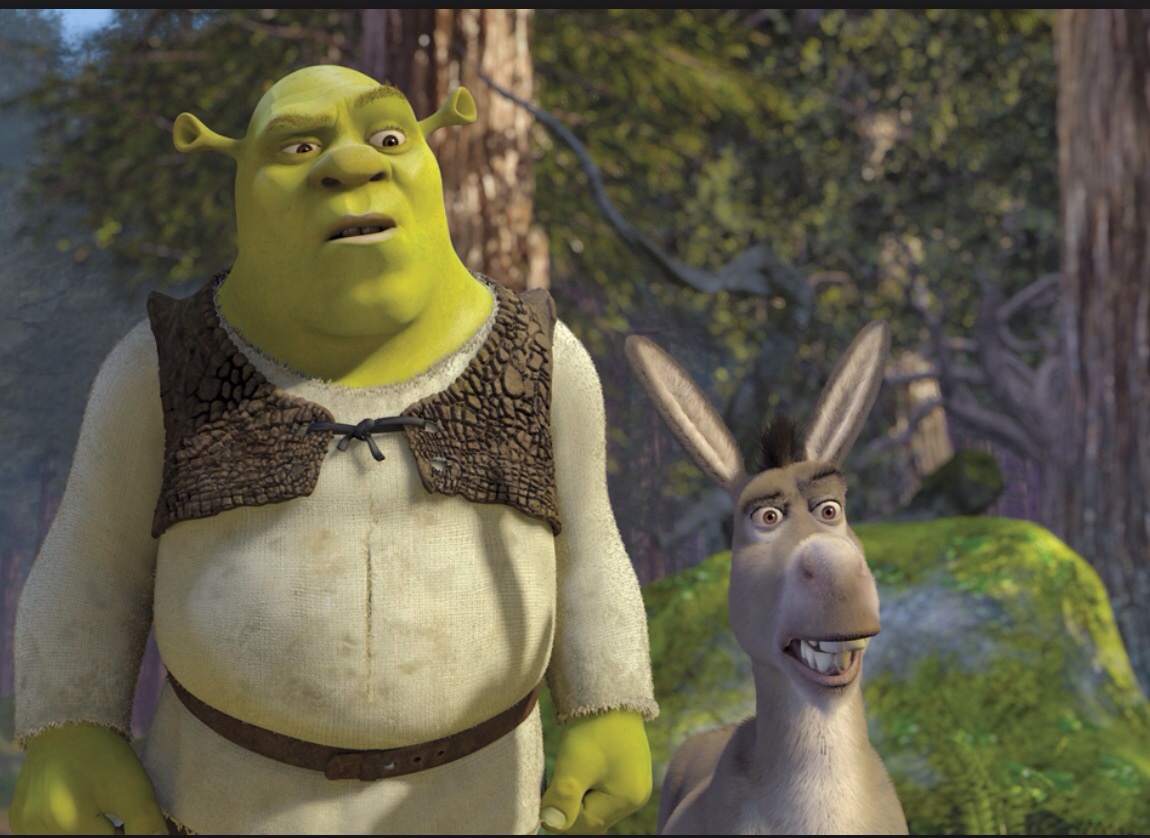 |
| Pictured here: The Beatles |
Towards the beginning of the film, Butch Cassidy and the Sundance Kid (the characters, not the movie's name) are seen as the 'baddest outlaws in the west', scaring a bartender, and walking around with a certain swagger to them. The film is in a sepia tone up through this point, but once they leave town to go meet up with their gang the film becomes full color. This change symbolizes the romantic era ending, and the harsh reality kicking in. Butch Cassidy expects a warm welcome, but instead finds out he's been replaced as the gang's leader. He regains the title of the gang's leader, but all is not normal. They attempt to rob a train some time later, and instead of it going as planned, they find a union has been formed, among the railways, and they refuse to let themselves be robbed. In an attempt to stop the robberies the union sends mercenaries to kill Butch Cassidy and the Sundance Kid (I swear I'm not saying the title). This change from being the most feared outlaws in the west, to having the authorities tail them signifies the beginning of the end for this "Wild West".
After fleeing the men tailing them, KC and the Sunshine Band seek refuge with an old girlfriend of Sundance. They ask her to flee to Bolivia with them, and she reluctantly agrees. As they pack up, Butch Cassidy picks up a bike recieved earlier in the film, and throws it into a puddle, screaming "The future's all yours, you lousy bicycle!" Through this act, Butch is essentially renouncing the future, wishing instead to remain in the past where he likes it, avoiding moving forward, a strong example of his escapism.
.jpg) |
| Pictured: The real enemy |
 |
| Here's Butch Cassidy and the Sundance Kid after arriving in Bolivia. Butch is Donkey, cause you know.... He's Eddie Murphy |
In the film's climax, Butch and Sundance are being held up in a small villa by what they believe are just a few gunmen. They know they are doomed, but in a last attempt at escapism, Butch suggests they flee to Australia. Ignoring the obvious fact that they won't make it there, they spend the few moments they have talking about it before they run face first towards what we can only assume is their deaths as the movie closes.
 |
| This is what you get if you but Sundance Kids instead of Kid in google. |
What does this all have to do with the modern (or, modern when the movie was made) day? Well in 1969, the Vietnam War was in full swing.
 |
| Did someone say Vietnam? |
Overall, I give the film 8/10 Dogbones, go watch it.
~CITATIONS~
PHOTOS:
Butch and Sundance on horse. Digital image. Unsung Films. N.p., n.d. Web. 19 Nov. 2014. <http://www.unsungfilms.com/wp-content/uploads/2014/09/Butch-Cassidy-and-the-sun-006-1.jpg>.
Girls Bike. Digital image. Cross Country Cycle. N.p., n.d. Web. 19 Nov. 2014. <http://crosscountrycycle.com/merchant/228/images/site/lilhoney_pink(r).jpg>.
Shrek and Donkey. Digital image. Image Wiki. N.p., n.d. Web. 19 Nov. 2014. <http://img2.wikia.nocookie.net/__cb20140330135024/shrek/images/0/00/Shrek_and_donkey_in_shrek_.jpg>.
Butch Cassidy Band. Digital image. Buzznet. N.p., n.d. Web. 19 Nov. 2014. <http://cdn.buzznet.com/assets/users16/ashliredden/default/butch-cassidy-sundance-kids--large-msg-133439510629.jpg>.
Private Pyle. Digital image. Youtube. N.p., n.d. Web. 19 Nov. 2014. <http://i.ytimg.com/vi/kxalkMk7cTM/maxresdefault.jpg>
WEBSITES:
"Quotes." IMDb. IMDb.com, n.d. Web. 20 Nov. 2014. <http://www.imdb.com/title/tt0064115/quotes?item=qt0409718>.
OTHER:
Barsam, Richard. Looking at Movies: With Dvd & Wam3. S.l.: Ww Norton &, 2012. Print
Butch Cassidy and the Sundance Kid. Dir. George R. Hill. Perf. Paul Newman. Ken Films, 1969. DVD.